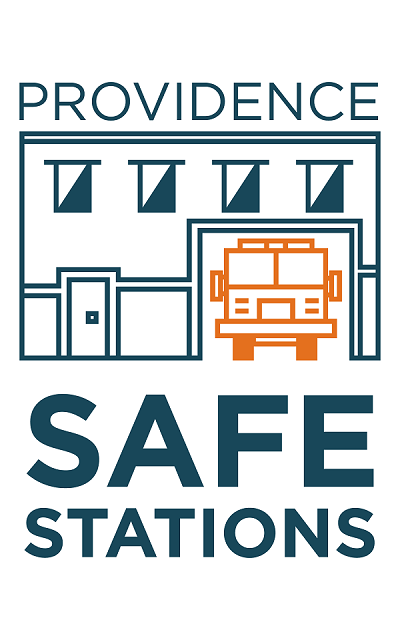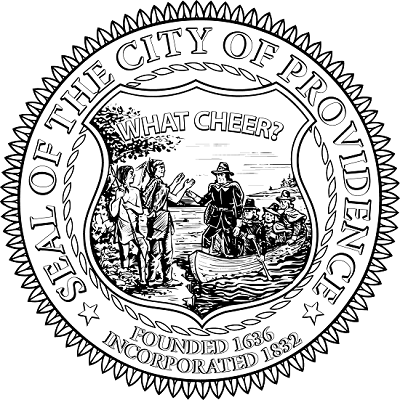Safe Stations is a Path to Recovery

Recovery is possible when you don’t have to do it alone. Like many cities across the nation, opioid overdose is a serious public health issue locally. One in four opioid overdoses in Rhode Island happen in Providence. This is not an issue that is happening in isolated silos or happening to only a small few; this epidemic is happening in public spaces and affecting those we love. As a community, Providence is proud to offer supports like Providence Safe Stations, which celebrated its 100th visit in June. The program offers free, quick and confidential connections to certified treatment and peer-recovery services to those with substance use disorder.
This month, as a part of National Recovery Month, we are also proud to host The Opioid Spoon Project at City Hall. The Opioid Spoon Project is a nationally-recognized project committed to informing and educating the public about the pervasiveness of opioid overdose. As the Creative Capital, we recognize the immense impact of public art and the opportunity it offers for reflection. This installment is a powerful example of the strong connections that exist between health and art, helping to spur difficult but meaningful conversations. We are grateful for Domenic Esposito, artist and curator of the The Opioid Spoon Project, as the work highlights connections between disciplines and gives voice to those marginalized by this disorder. In Providence, we remain committed to these values and to addressing this public health issue through initiatives like our PVD Safe Stations.
The Providence Safe Stations program is a collaborative public health and public safety model that leverages local resources and connects participants, 24 hours a day, 7 days a week, to certified treatment including peers who themselves have recovered from substance use disorder. We were joined by leaders from cities and towns across New England at our milestone announcement and shared how our program is saving lives in the capital city. Inspired by the innovative programs in Manchester and Nashua, New Hampshire, our Safe Stations team has developed strategies and best practices that have helped others launch similar efforts. I’m thrilled to share that the City of Newport launched their Safe Stations program in late June. Working together to address opioid overdoses we will expand awareness of Safe Stations, improve accessibility to critical support and make our state stronger and safer.
Though it’s often hard to celebrate when we know there’s more work to be done, our milestone is a celebration of connection and progress. Since June, we have welcomed an addition 29 visits to the Safe Stations program – these are the highest months of participation and retention the program has seen yet. Individuals, when they are ready, are coming to Providence fire stations to connect with people who care about them and peer recovery specialists who know exactly what they are going through.
We’re thankful for the individuals and families who have trusted us to help them through a challenging time. The truth is that there is no silver bullet to this crisis but working together, engaging community partners, artists, and departments across the city, we will continue to make a difference in the lives of many.
Mayor Jorge Elorza

